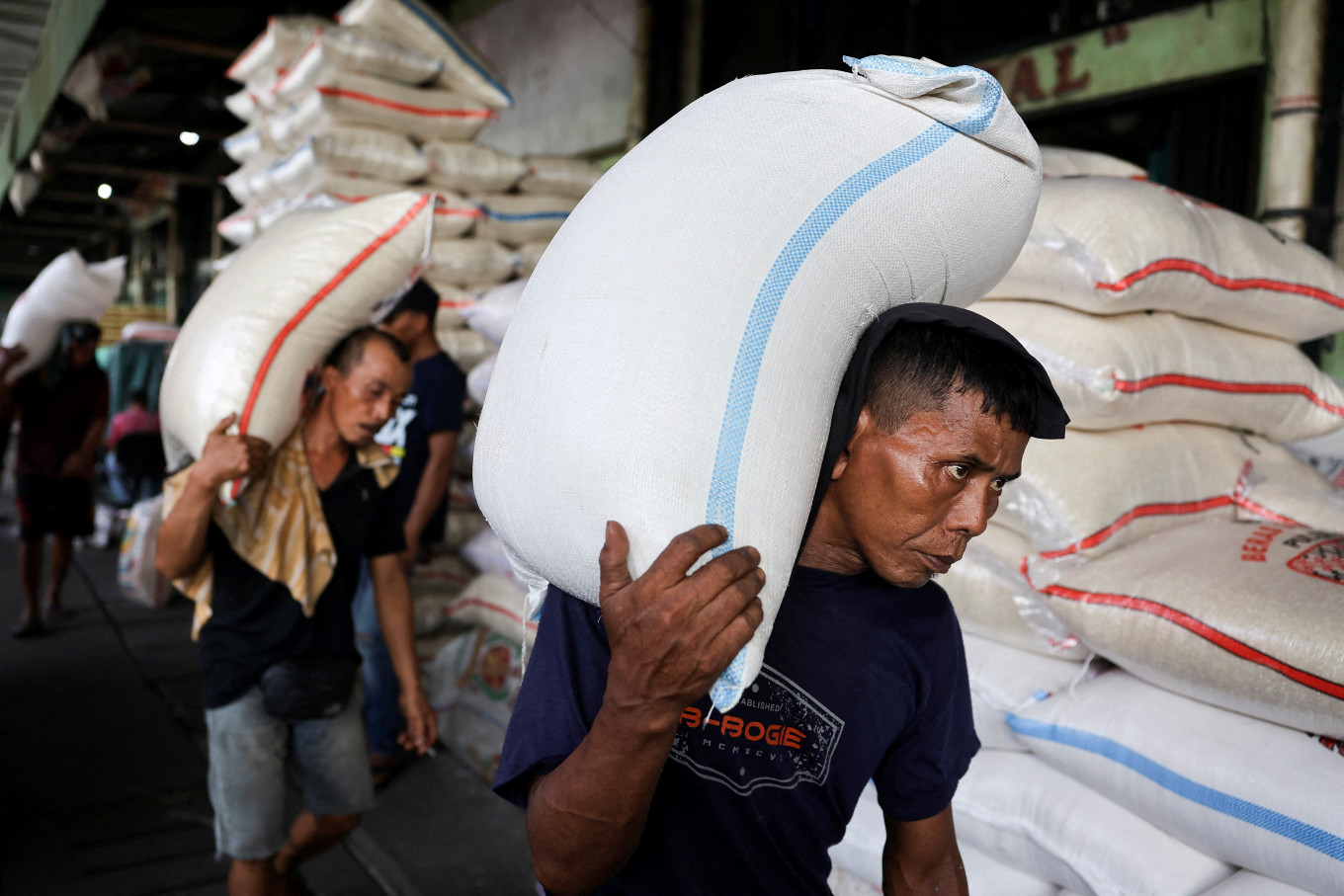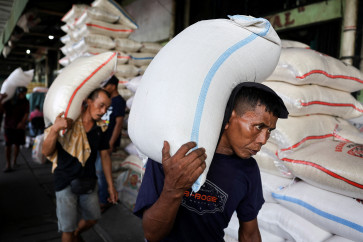Popular Reads
Top Results
Can't find what you're looking for?
View all search resultsPopular Reads
Top Results
Can't find what you're looking for?
View all search resultsThe rice obsession: Why Indonesia must break the cycle
Rice is politically central but economically stagnant, consuming vast fiscal resources while failing to deliver prosperity for farmers or affordable food for consumers.
Change text size
Gift Premium Articles
to Anyone
R
ice has always been more than just food for Indonesia. It is the heartbeat of the economy, the anchor of political legitimacy and the ultimate symbol of stability. For decades, successive governments have poured resources into ensuring rice availability and price stability, convinced that “without rice, there is no Indonesia”.
But what once was a source of strength has now become a trap. Rice is politically central but economically stagnant, consuming vast fiscal resources while failing to deliver prosperity for farmers or affordable food for consumers. Unless Indonesia finds the courage to rethink its rice policy, it risks locking itself into a low-productivity, subsidy-heavy equilibrium that undermines broader agrifood transformation.
This dilemma is not new. In the early 1970s, Soemitro Djojohadikusumo, father of President Prabowo Subianto, when he was trade minister, warned against relying exclusively on rice. He proposed building wheat-processing plants in Indonesia, a controversial idea at the time. Critics argued that wheat was alien to Indonesian diets and would divert resources from rice. But Soemitro had foresight: he understood that no country of Indonesia’s size could achieve food security by relying on a single staple.
President Soeharto eventually allowed the plan to proceed, though under a different operator. The decision proved consequential. Wheat never replaced rice, but it complemented it, reducing pressure on rice production and imports. Without this diversification, the burden on rice markets today, both domestic and global, would be overwhelming given Indonesia’s vast population.
The lesson is clear: bold, out-of-the-box thinking has helped Indonesia avoid disaster in the past.
But the rice trap still remains.
Most Indonesians are net rice consumers. Whether in cities or villages, the majority buy more rice than they produce. Any increase in rice prices immediately translates into political tension, making governments wary of reform.



















